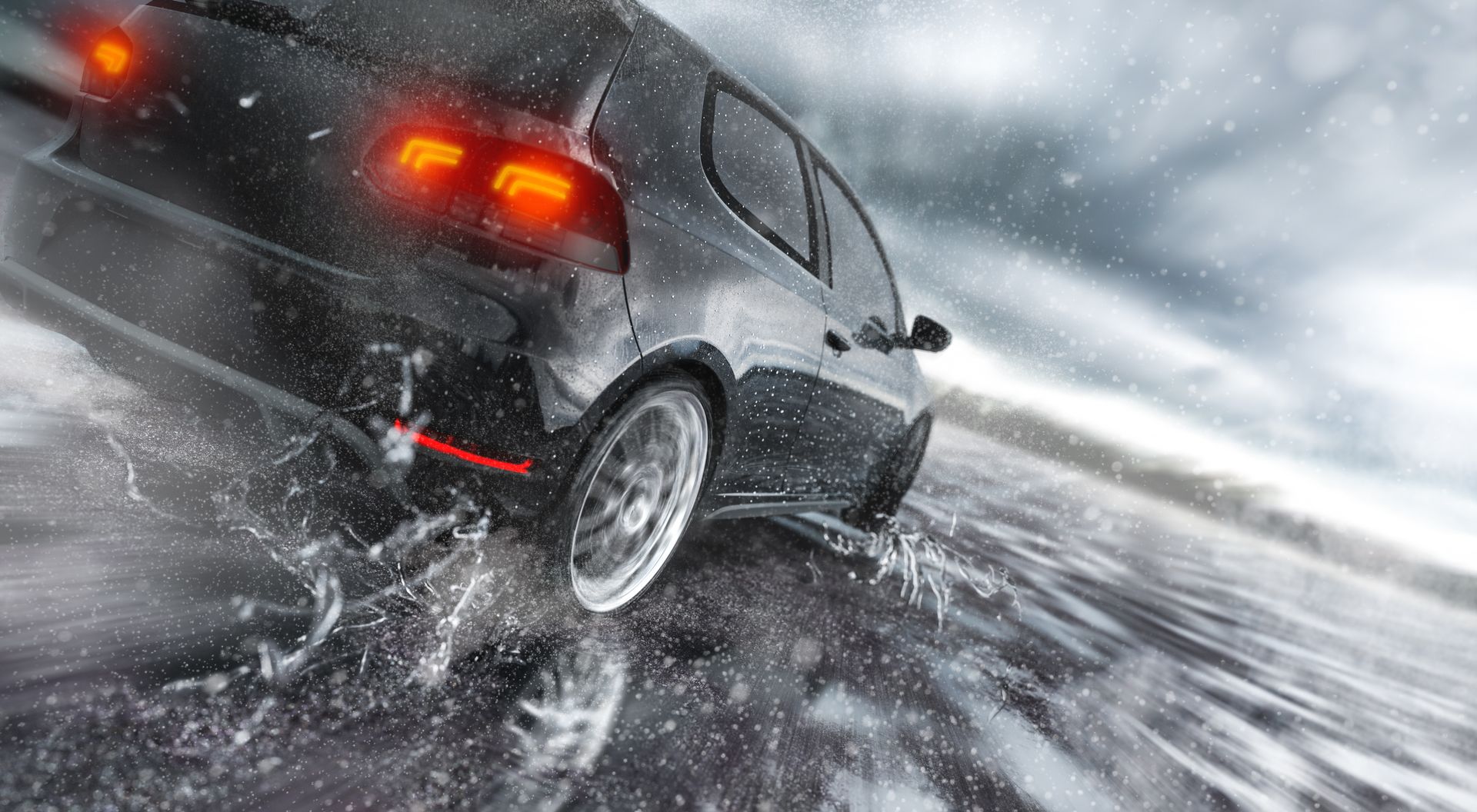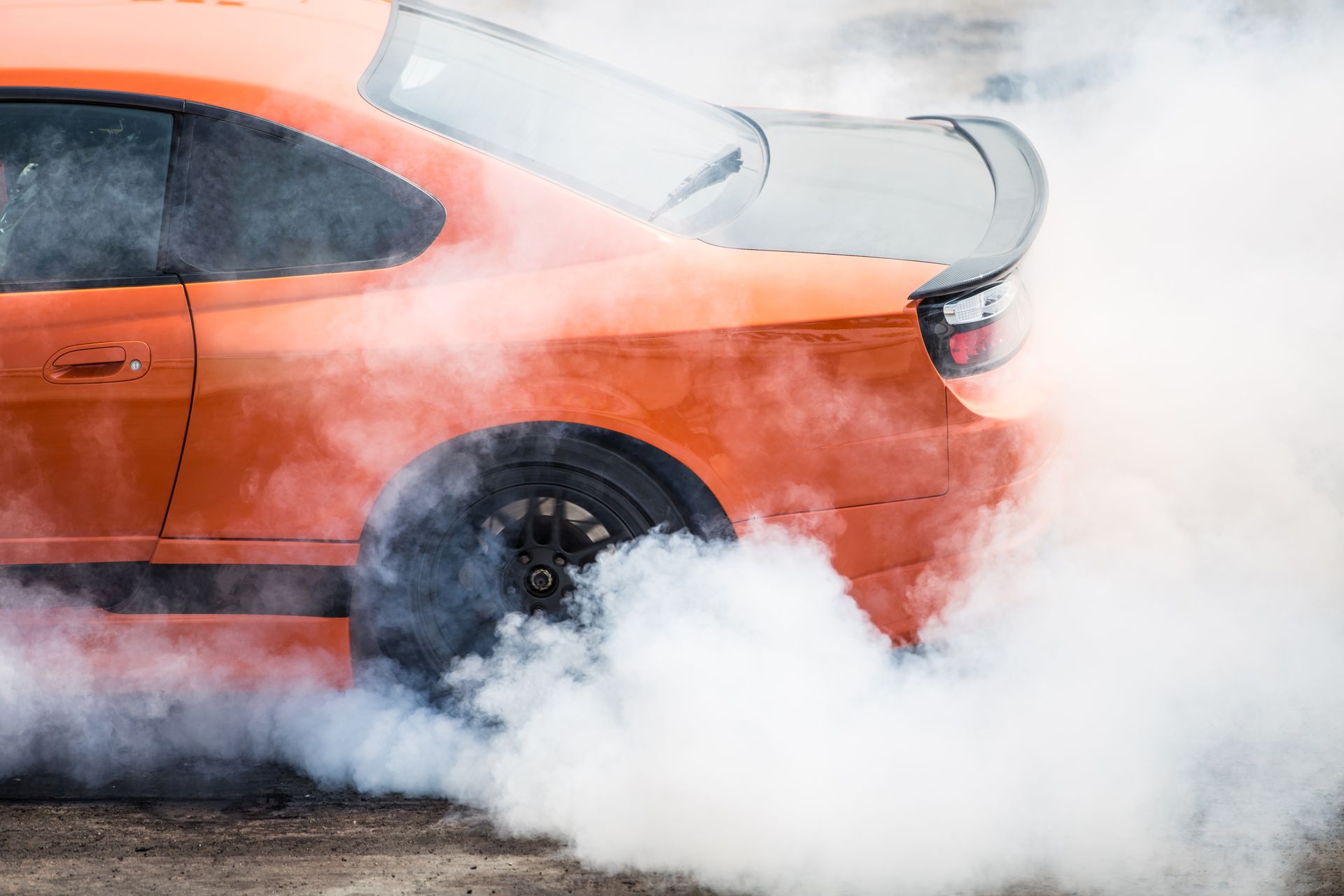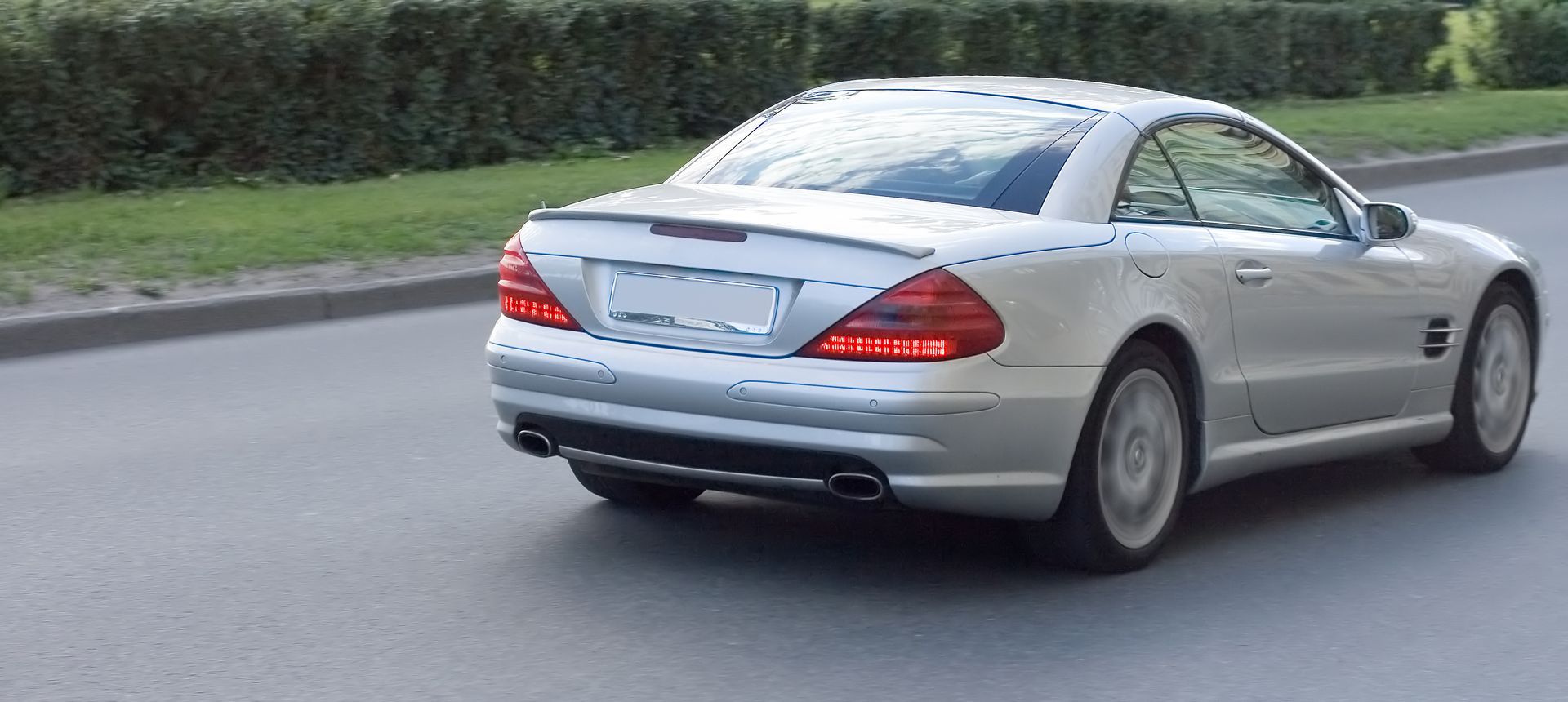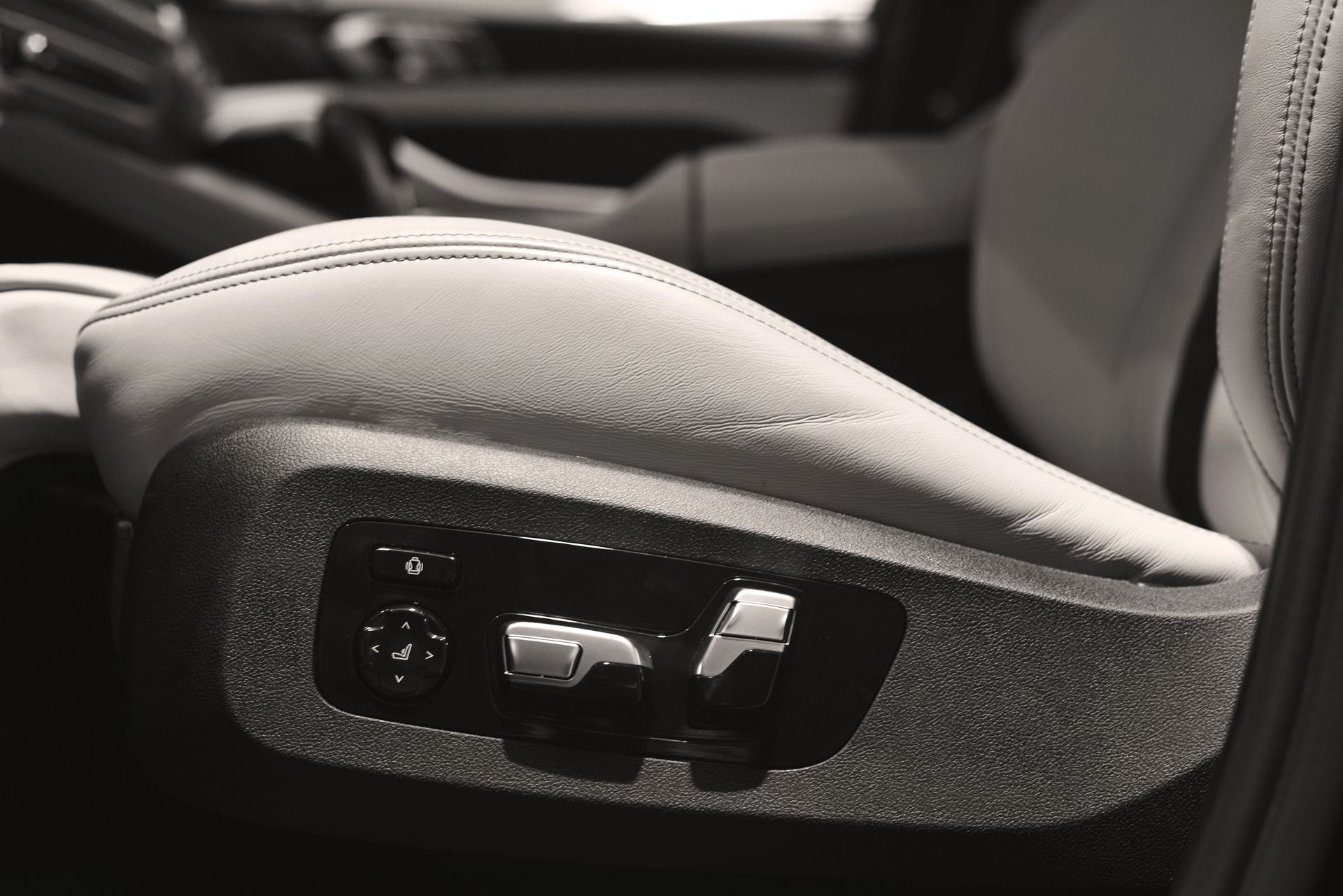Why Is My Check Engine Light Flashing Instead of Staying On?
Most drivers have seen their check engine light come on at least once—but when that light starts flashing instead of staying steady, it’s a much more urgent warning. A flashing check engine light usually signals an active misfire or another serious engine issue that needs immediate attention. Unlike a solid light, which might indicate a sensor issue or minor emissions problem, a blinking light means your vehicle could be at risk of further damage if you continue driving.
Let’s find out what causes the light to flash, what it means for your engine, and what to do next.
What a Flashing Check Engine Light Actually Means
In most vehicles, the check engine light flashes when raw fuel enters the exhaust system due to an engine misfire. This unburned fuel can overheat and damage the catalytic converter—an essential and expensive part of your emissions system. If the light is blinking, your car is not just telling you that something’s wrong—it’s warning you to stop driving before major damage occurs.
The flashing typically continues as long as the misfire is happening. You might also feel rough idling, poor acceleration, or vibrations through the steering wheel or floor. In more severe cases, the car might go into limp mode or struggle to stay running.
Common Causes of a Flashing Check Engine Light
The most frequent cause is an engine misfire, but there are several potential reasons why a misfire might occur:
- Worn or fouled spark plugs: If your plugs can’t produce a strong spark, the fuel-air mixture won’t burn completely, leading to misfires.
- Faulty ignition coils or wires: These deliver the electrical signal to your spark plugs. When they fail, you may lose the spark on one or more cylinders.
- Clogged or leaking fuel injectors: If your engine isn’t getting the right amount of fuel, combustion can become inconsistent or fail entirely.
- Vacuum leaks or intake issues: Extra air getting into the system can throw off the balance of fuel and air, causing misfires.
- Internal engine problems: In rare cases, issues like low compression, valve problems, or head gasket failure could trigger a misfire.
Sometimes the misfire is isolated to one cylinder, while in other cases, multiple cylinders may be affected. Either way, the engine control module detects the issue and causes the light to blink as a warning.
Driving With a Flashing Light Is a Bad Idea
Continuing to drive with a flashing check engine light increases the risk of severe damage. One of the biggest concerns is the catalytic converter, which can easily overheat and fail when exposed to unburned fuel. Once it goes bad, replacement costs can be substantial—often over $1,000.
In addition, driving while the engine is misfiring can cause:
- Loss of power or stalling in traffic
- Increased fuel consumption
- Poor throttle response
- Damage to spark plugs and ignition components
The longer you drive in this condition, the more damage your engine and exhaust system may suffer.
How to Respond If Your Check Engine Light Starts Flashing
If you're driving and notice the light begin to blink, the safest move is to pull over as soon as it’s safe and turn off the engine. If the light stops flashing after restarting the vehicle, you still need to have it inspected—but the immediate danger may have passed. If it starts flashing again, keep the engine off and arrange for a tow to your repair shop.
Never ignore a blinking light, even if the car still seems to be driving fine. The issue may be progressing behind the scenes, and your vehicle could soon lose power or stall entirely.
What to Expect During Diagnosis
A technician will begin by scanning your vehicle’s onboard computer for stored trouble codes. These codes can pinpoint which cylinder is misfiring or which system is out of balance. From there, they’ll inspect spark plugs, ignition components, and fuel delivery systems to track down the root cause.
In some cases, the solution is simple—a new spark plug or ignition coil. In others, a deeper issue like a sensor failure or internal engine problem may require more attention.
Either way, catching the problem early will save you time, money, and potential damage.
MMR Automotive – Engine Diagnostics and Repairs in Decatur, GA
If your check engine light is flashing, don’t wait until it’s too late. Bring your vehicle to
MMR Automotive in Decatur, GA, for a full diagnostic and repair. We’ll pinpoint the cause quickly, explain what needs fixing, and get you safely back on the road.










